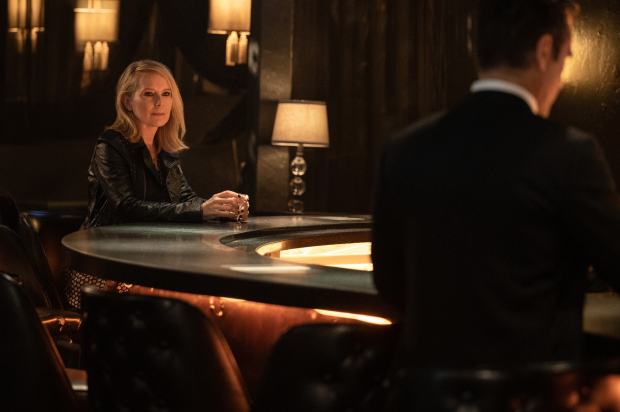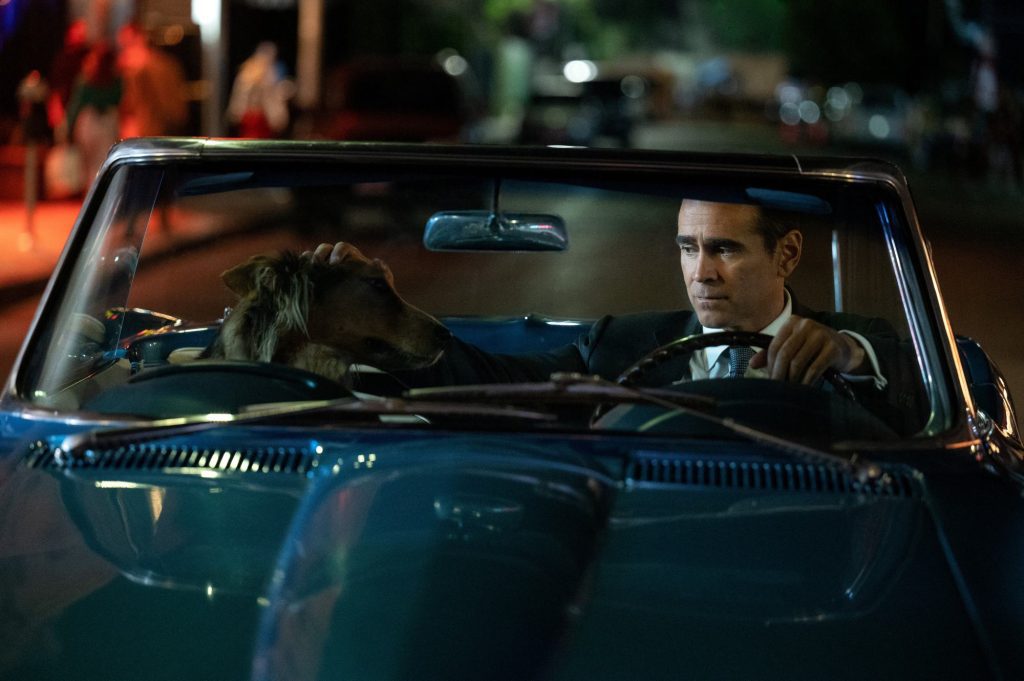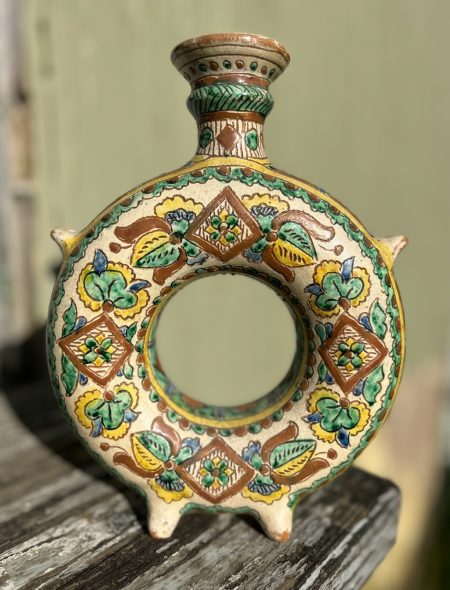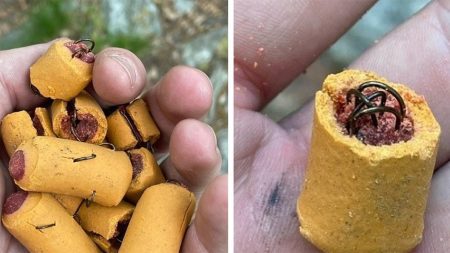For the past hundred years, through words and pictures, Los Angeles has been portrayed as an intriguingly foreign place unlike anywhere else in the world. Its propensity for natural disasters, its diverse range of picturesque locations for moral decay and sleazy activities, the sun, the secrets — all of it signifies potential trouble ready for the camera in paradise.
Its peculiarity lends itself well to film noir. For instance, the Apple TV+ series “Sugar,” featuring Colin Farrell as a rich private investigator specializing in finding missing people, is a complex eight-part story created and primarily written by Mark Protosevich. The first two episodes will debut on April 5, and the show draws inspiration from classic movies that the title character loves, as well as the endless potential for new developments in Los Angeles.
There’s a major revelation in the story towards the end, which we won’t reveal for a few paragraphs (no spoilers here). The character played by Farrell, John Sugar, is introduced in a black-and-white prologue set in Tokyo, where he successfully resolves the kidnapping and ransom case of a yakuza’s son through violent means. He reflects in typical noir fashion that finding missing persons is “a tough business. But steady.”

The remainder of the series mostly takes place in color, and in a variety of locations in Los Angeles. Sugar’s new case involves the disappearance of 25-year-old Olivia Siegel (Sydney Chandler), a tarnished member of Hollywood royalty. She is the daughter of movie director Bernie, with Olivia's father, producer Jonathan Siegel (James Cromwell), hiring Sugar to find her. He is secretive about his motives but open about his pampered daughter and her son, David (Nate Corddry), a former child actor.
It’s clear that Sugar charges a higher hourly rate than the average detective. While in Los Angeles, he lives a solitary life in a luxurious hotel, meeting with his apparent agency boss Ruby (played by the actress Kirby) and driving around in a sleek blue Corvette. Ruby expresses concern about his health and the potential impact of this particular case on his composed and guarded demeanor. The series hints that Sugar's sister also disappeared in the past, and he is struggling to deal with the trauma.
The investigation leads the detective to dark and distressing disappearances throughout the county. Amy Ryan, who plays a character similar to rock legend Joni Mitchell and Bernie Siegel’s ex-wife, becomes Sugar’s confidante. Creator Protosevich handles this character’s struggles with addiction and recovery with sincerity and effectiveness, while also incorporating a #MeToo scandal involving the Siegel family that is integrated seamlessly into the story and developed thoughtfully in the middle episodes. Fernando Meirelles (“City of God,” “The Constant Gardener”) directs five of the episodes with a keen eye for composition, while veteran TV director Adam Arkin oversees the other three.
Now, indirectly, let's talk about the big surprise at the end of Episode 6. While “Sugar” strategically reveals hints about the detective's past and the larger mission of his organization, the actual revelation is so crazy that it might turn off a fair number of viewers. This shows the series' strengths — strong, consistent performances; a visually appealing and glossy look — that it almost recovers from the surprise.
After watching all eight parts, I felt differently about it, more accepting, I guess. Other things bothered me more: the story's tiring focus on girls imprisoned in torture dungeons, and the well-justified but still indulgent use of scenes from many famous and less well-known Old Hollywood movies, from “Sunset Boulevard” to “Vertigo” to “Kiss Me, Deadly.” These act as attractive but awkward additions to Sugar’s own thoughts about the films he loves and the city he barely understands.
So it's a mix. But I found a lot of it captivating, and almost every performance was excellent. Did I believe it? Uh, most of it? None of it? Enough of it? Something like that, yes. If enough viewers like the twist, then “Sugar” leaves the possibility for a second season wide open.
“Sugar” — 3 stars (out of 4)
Rated: TV-MA (for violence, language, some nudity)
Running time: Eight episodes, about four and a half hours in total
How to watch: Apple TV+
Michael Phillips is a Tribune critic.









